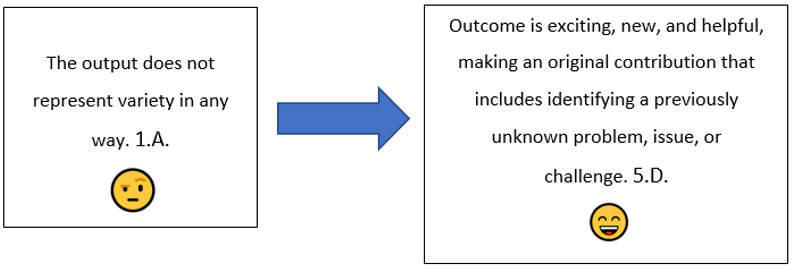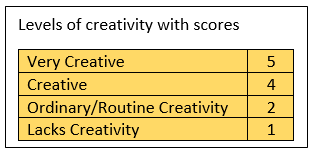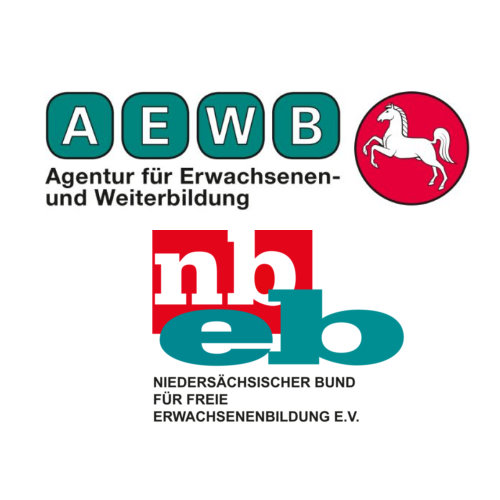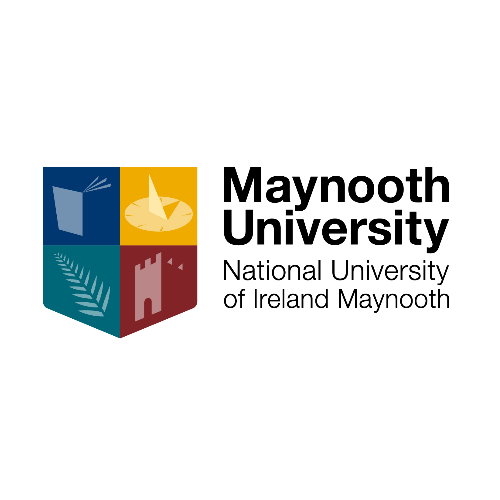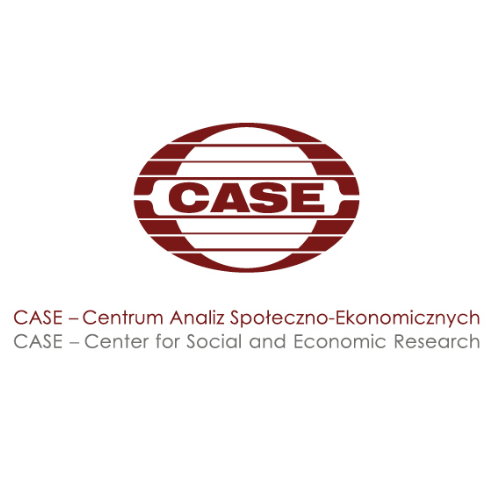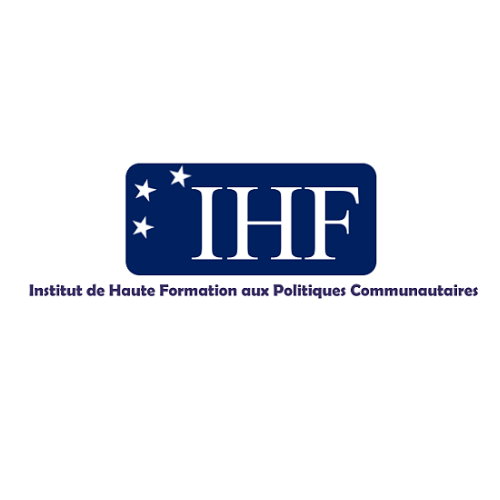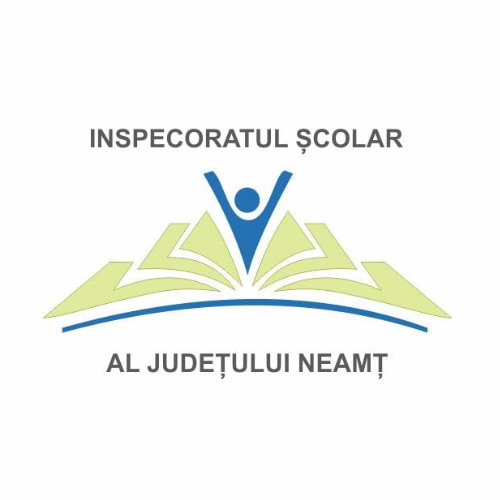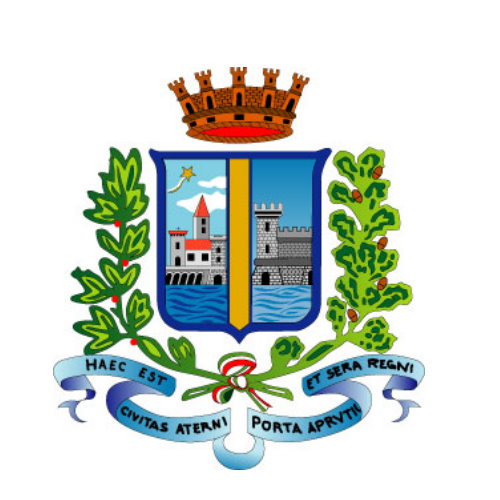Filtered by:
|
Tools |
Valorisation and Follow-Up to Evaluation. Some Success Factors

|
|
Tools |
Measuring the Wider Benefits of Adult Learning – Focus Group Guidelines for Learners and Training Providers

|
|
Tools |
Checklist for providers: Evaluation of provider inclusion in Adult Education Policy Making

|
|
Tools |
Value added stemming from the participation in AE.

|
|
Tools |
Survey for Public Administration Staff

|
|
Tools |
Survey for providers

|
|
Tools |
Checklist to assess consistency of the objectives and outcomes of the AE trainings and programmes with the overarching strategies and agendas adopted by the EU

Why this tool?
Evaluation and valorisation are crucial steps in creating viable strategies with long-term benefits. Yet many AE policies on the local and regional levels are not systematically evaluated. This is partly due to policy makers lacking the appropriate tools.
CREATE2Evaluate addresses this gap by designing a set of useful tools and templates to help AE policy makers and agents active in the AE policy processes evaluate existing strategies, draw actionable conclusions and design better strategies in the future. One of the very key highlights emerging from literature review and primary assessment carried out by participating organisation[1] indicates widespread fragmentation among Member States and regional authorities in implementing and developing structural, and structured, AE and LLL policies at local level. Specific interventions at local and regional level seems responding to EU stimuli, but it is very challenging to confirm the measure in which these are actually coherent to proposed roadmaps (key training areas of EU interest, targets and achievements, etc.). This is due to the fact that there is not yet in place – although highly recommended – a validated evaluation system aimed at cross-matching and benchmarking how local and regional interventions in the field of AE align to EU’s expectations. Formal monitoring and evaluations mechanisms exists, but they seem tailored on budget control, audit and financial management, the emphasis on key learning, social and economic outcomes for targets and beneficiaries seems falling under the “private” initiative of the given provider, or local authority, on the basis of their perception of the phenomenon. Local authorities and formal AE providers (should) collaborate to outline, design and deliver training & education offers, and policy response, that are tailored on the given socio-economic context they apply to. This flexibility principle is in fact recommended and expected by EU policy documents tackling AE priorities and recommendations, but still within the frame of a common ground of reference specifically detailed by these very same reference documents. [1] Please, considering consulting the official OER platfom of the project to access data: https://www.create2evaluate.eu What purpose does this tool solve? This documents addresses the first of the six focus areas proposed by the CREATE2 evaluation framework: consistency of the objectives and outcomes of the AE trainings and programmes with the overarching strategies and agendas adopted by EU institutions. To do so, we will look at three of the most relevant EU piece of legislation for AE:
The inclusion on Council’s recommendation from 2016 and 2018 is not by chance but it is instrumental to provider readers and targets a comprehensive overview on what have been up to this moment pivotal references in the field of AE. On the other hand, the focus on Council’s resolution tackles the prospective dimension, giving relevance to what will be the main core of interest of AE’s priorities and reference paradigms at EU level for the next decade. This is intended to help readers in being more self-aware of future challenges and opportunities and more proficient in their long-term policy making. [1] Official update of: RECOMMENDATION OF THE EUROPEAN PARLIAMENT AND OF THE COUNCIL of 18 December 2006 on key competences for lifelong learning (2006/962/EC) How to use this tool? In the following pages, readers will find listed in a comprehensive and concise manner what have been / what will be key EU focus of interest and priorities in the domain of AE[1]. For 2016 and 2018’s recommendations, readers are kindly invited to double check if – through their institutional practice – they have managed to tackle any of the considered key recommendations. For Council’s resolution, readers can take this opportunity to self-assess if their organisation / institution have already in place (or planned) concrete strategies to match and satisfy resolutions’ expected outcomes. Overall, this document is intended to be used both as a guideline and a compliance-checklist for evaluation and valorisation of local intervention in the field of AE:
[1] Please consider that these policy documents do not conflict and are not exclusive to each other. The first twos are still timely and relevant and should be considered with the highest regards. Content list Upskilling Pathways: New Opportunities for Adults 6 1. Give priority to adult population with a low level of skills, knowledge and competences 6 2. Set-up a hierarchy of priority targets within the low skills adults’ label 6 3. Three-stage methodology of upskilling pathways 7 4. Skills assessment – a target-centred framework. 7 5. Validation of non-formal and informal learning. 7 7. Monitoring learners progresses and overall performance. 8 8. A market-centred perspective. 8 10. Outreach and STKH engagement 9 11. Marketing, PR and visibility. 9 12 Coaching, consultancy and mentoring programme. 10 13. Removing entry barriers to AE and LLL opportunities 10 14. A staff-centred approach: training the trainers 10 Key competences for lifelong learning (LLL) 12 What do we mean by key competence for lifelong learning?. 12 Personal, social and learning to learn Competence. 21 Entrepreneurship Competence. 25 Cultural awareness and expression competence. 29 Guidelines for supporting the development of LLL competences 30 Council resolution on a new European agenda for adult learning 2021-2030. 31 Priority Area no.1: Governance. 31 Priority Area no.2: Supply and take-up of lifelong learning opportunities 31 Priority Area no.3: Accessibility and flexibility. 31 Priority Area no.4: Quality, equity, inclusion and success in adult learning. 33 Priority Area no. 5: Green and digital transition (a.k.a. Twin Transition) 34 Appendix 1: EU-LEVEL Targets and Indicators– Monitoring the EU average performance in AE. 36 Appendix 2: Financial competence framework for adults (OECD, European Commission – 2022) 37
 Download Tool |
|
Tools |
Focus Group Questions

|
|
Tools |
Evaluation of Creativity in Adult Education Policy Making Matrix

|
|
Tools |
Dimensions of Diversity in Adult Learning

|
|
Tools |
Checklist to assess: Inclusivity of AE policies and availability of AE programmes in geographically excluded areas

|
|
Tools |
Tips for policy makers seeking stakeholder engagement

|
|
Tools |
Critical Success Factors: A Case Study

|
|
Tools |
Individual Interview with participant: Methods, equipment and personnel in Adult Education and adjustment to the target group.

|
|
Tools |
Title: The EPALE Resource Centre |
|
Tools |
Title: The Digital Teaching Professional Framework |
|
Tools |
Title: Advanced Practitioner Toolkit - Professional Development Cards toolkit |
|
Tools |
Title: Key Competences for Adult Learning Professionals study |
|
Tools |
Title: Becoming Adult educators in the European Area Study |
|
Tools |
Title: The EAEA (European Association for the Education of Adults) |
|
Tools |
Title: EURYDICE |
|
Tools |
Title: Upskilling Pathways (European Commission) |
|
Tools |
Title: European Quality Assurance in Vocational Education and Training (EQUAVET) - Policy Briefings |
|
Tools |
Title: European Quality Assurance in Vocational Education and Training (EQUAVET) - Materials and Resources |
|
Tools |
Title: Adult Education Survey |
|
Tools |
Title: Eurodiakonia - Toolkit on European Funding and Project Management |
|
Tools |
Title: Policy Toolkit for Policy Making in Northern Ireland - From Consultation to Announcement |
|
Tools |
Title: Policy Toolkit for Policy Making in Northern Ireland - Impact Assessment |
|
Tools |
Title: Policy Toolkit for Policy Making in Northern Ireland - Identifying and Apraising Policy Options |
|
Tools |
Title: Policy Toolkit for Policy Making in Northern Ireland - Developing and Analysing Evidence |
|
Tools |
Title: Policy Toolkit for Policy Making in Northern Ireland - Justification and Set Up |
|
Tools |
Title: Policy Toolkit for Policy Making in Northern Ireland |
|
Tools |
Title: Cabinet Office - Open Policy Making Toolkit |
|
Tools |
Title: In-Depth Analysis of Adult Learning Policies |
|
Tools |
Title: EU Commission - Towards More Effective Adult Learning Policies |
|
Tools |
Title: Emagister (SPAIN) |
|
Tools |
Title: Migrant Skills |
|
Tools |
Title: Cabinet Office - Open Policy Making Toolkit - Generating New Ideas |
|
Tools |
Title: Cabinet Office - Open Policy Making Toolkit - Piloting New Ideas |
|
Tools |
Title: Cabinet Office - Open Policy Making Toolkit - User Needs |
|
Tools |
Title: Cabinet Office - Open Policy Making Toolkit - Analysing the Policy Problem |
|
Tools |
Title: Cabinet Office - Open Policy Making Toolkit |
|
Best practice |
Title: Tools for teaching and leading |
|
Best practice |
Title: Project outreach Empowerment Diversity (OED). |
|
Best practice |
Title: Career consultants EKS |
|
Best practice |
Title: AiKomPass |
|
Network / Forum |
Title: Nordic network for adult learning (NVL) |
|
Network / Forum |
Title: Arbeitskreis deutscher Bildungsst�ttene.V. (Association of German Educational Providers) |
|
Network / Forum |
Title: Regionalb�ro f�r berufliche Fortbildung Baden-W�rttemberg (Regional Office for Vocational and Professional Training) |
|
Network / Forum |
Title: (European Association of Regional and Local Authorities for Lifelong Learning) EARLALL |
|
Network / Forum |
Title: Latvian Adult Education Association (LAEA) |
|
Platform |
Title: DIE |
|
Platform |
Title: Fundaci�n Estatal para la formaci�n en el empleo (SPAIN) |
|
Platform |
Title: B�ndnis f�r Lebenslanges Lernen (Alliance for Lifelong Learning - BLLL) |
|
Platform |
Title: ESREA |
|
Policy |
Title: UNESCO Institute for Lifelong Learning - Collection of Policies and Strategies |



